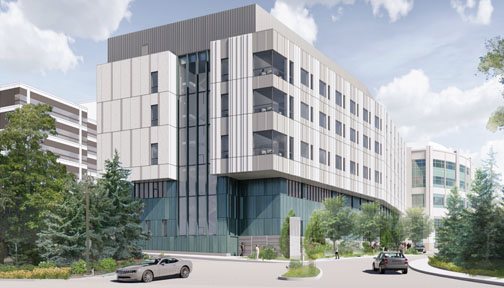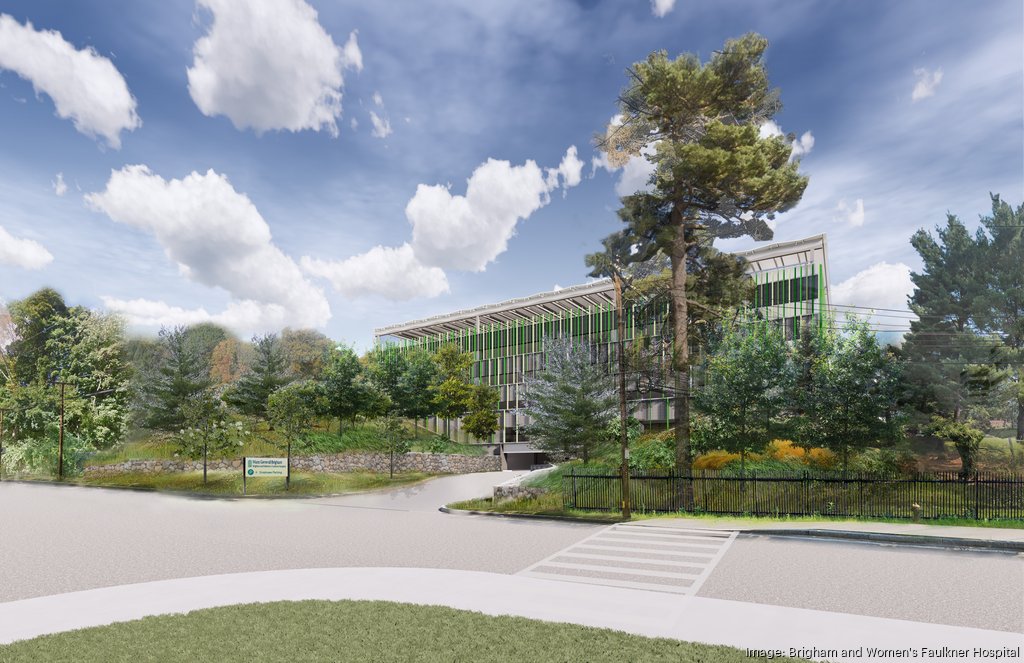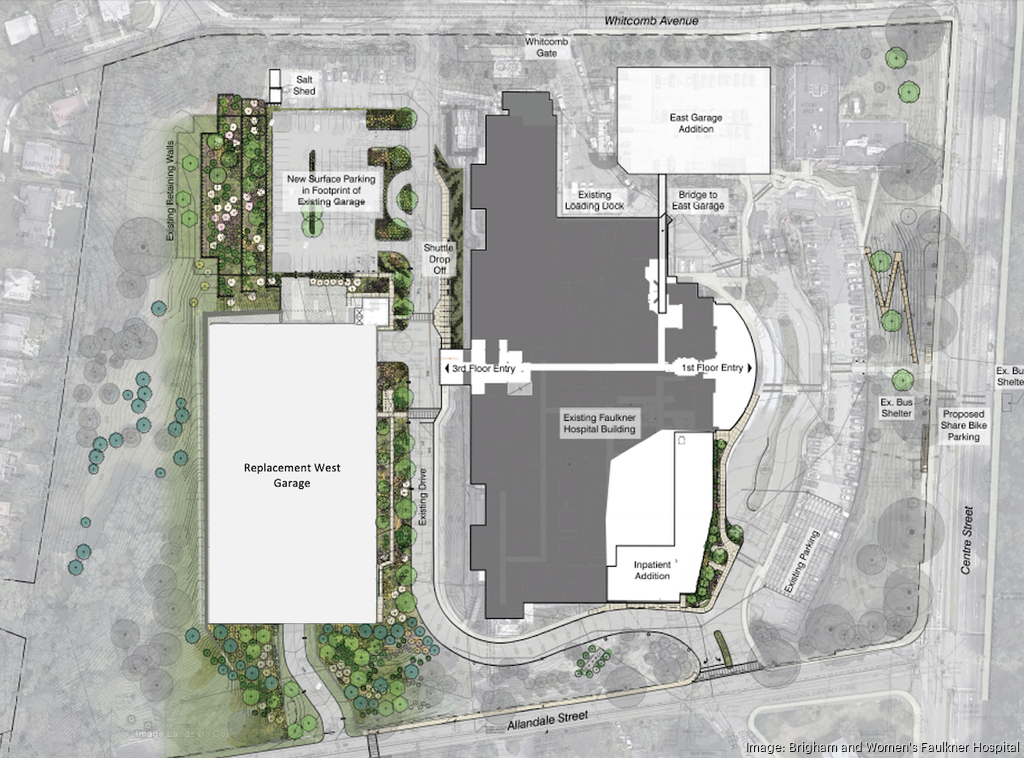Equilibria
Senior Member
- Joined
- May 6, 2007
- Messages
- 7,089
- Reaction score
- 8,330
I've posted prior materials to the infill thread, but this BCDC presentation is full of pretty renders and the building is big enough for its own thread:

Probably not. First, we are already well into the period when the boomer population declines, yet we are seeing more need for hospital capacity. Second, by the time the boomers phase out, millenials will be starting to need elder care services. Yes, Gen-X fits in there some place, too. But I think the largest consideration will be chronic disease, which is hitting multiple age groups and growing quickly.Just a thought- once boomers have past on and in combination with ever tightening immigration regulations- is there going to be a huge access capacity in hospitals?
Just a thought- once boomers have past on and in combination with ever tightening immigration regulations- is there going to be a huge access capacity in hospitals?
I think hospitals somewhat create their own demand. Dr's always advising people they need more scans more tests. Then the tests discover tiny growths and there needs to be surgeries. Hospitals keep growing and sucking out more and more of our economy, and yet our life expectancy is the same as Eastern Europe and Latin America where there are much fewer hospitals. We need to put the brakes on any more hospital expansions. (we wont, but we should.)
To a certain extent. There's some areas where beds aren't filled to economic viability. To expand on this though, it's been increasingly hard to support smaller hospitals. I think you'll see a continuing trend of even more consolidation and expansion of the larger hospitals, but closures and reimagining of smaller ones in areas with the density to support it - and even without. This is especially true in Boston, what with our multiple world class research hospitals. So Quincy closed a couple of years ago, MGH-B is closing Union in Lynn, CHA turned Somerville into outpatient and urgent care, etc. There needs to be a larger discussion of healthcare economics, beyond the patient costs to include hospital finances, why especially community ones aren't able to staff certain crucial departments.Nope.
Longer life expectancies. People aren't retiring at 62 and kicking off at 67 anymore.
Longer retirements. 30 years +. More hip replacements, valve replacements, knee replacements, gall bladder surgeries, etc. The average age in our society will be increasing........
We will need to be building larger hospitals/medical centers for a long time.
If I were to advise real estate construction investments it would be A) retirement communities B) medical centers/hospitals
Is it that small hospitals arent viable? I think the issue is that big hospitals are buying the small hospitals in order to reduce competition and raise prices. Partners seems like its doing just fine.To a certain extent. There's some areas where beds aren't filled to economic viability. To expand on this though, it's been increasingly hard to support smaller hospitals. I think you'll see a continuing trend of even more consolidation and expansion of the larger hospitals, but closures and reimagining of smaller ones in areas with the density to support it - and even without. This is especially true in Boston, what with our multiple world class research hospitals. So Quincy closed a couple of years ago, MGH-B is closing Union in Lynn, CHA turned Somerville into outpatient and urgent care, etc. There needs to be a larger discussion of healthcare economics, beyond the patient costs to include hospital finances, why especially community ones aren't able to staff certain crucial departments.
I think hospitals somewhat create their own demand. Dr's always advising people they need more scans more tests. Then the tests discover tiny growths and there needs to be surgeries. Hospitals keep growing and sucking out more and more of our economy, and yet our life expectancy is the same as Eastern Europe and Latin America where there are much fewer hospitals. We need to put the brakes on any more hospital expansions. (we wont, but we should.)





